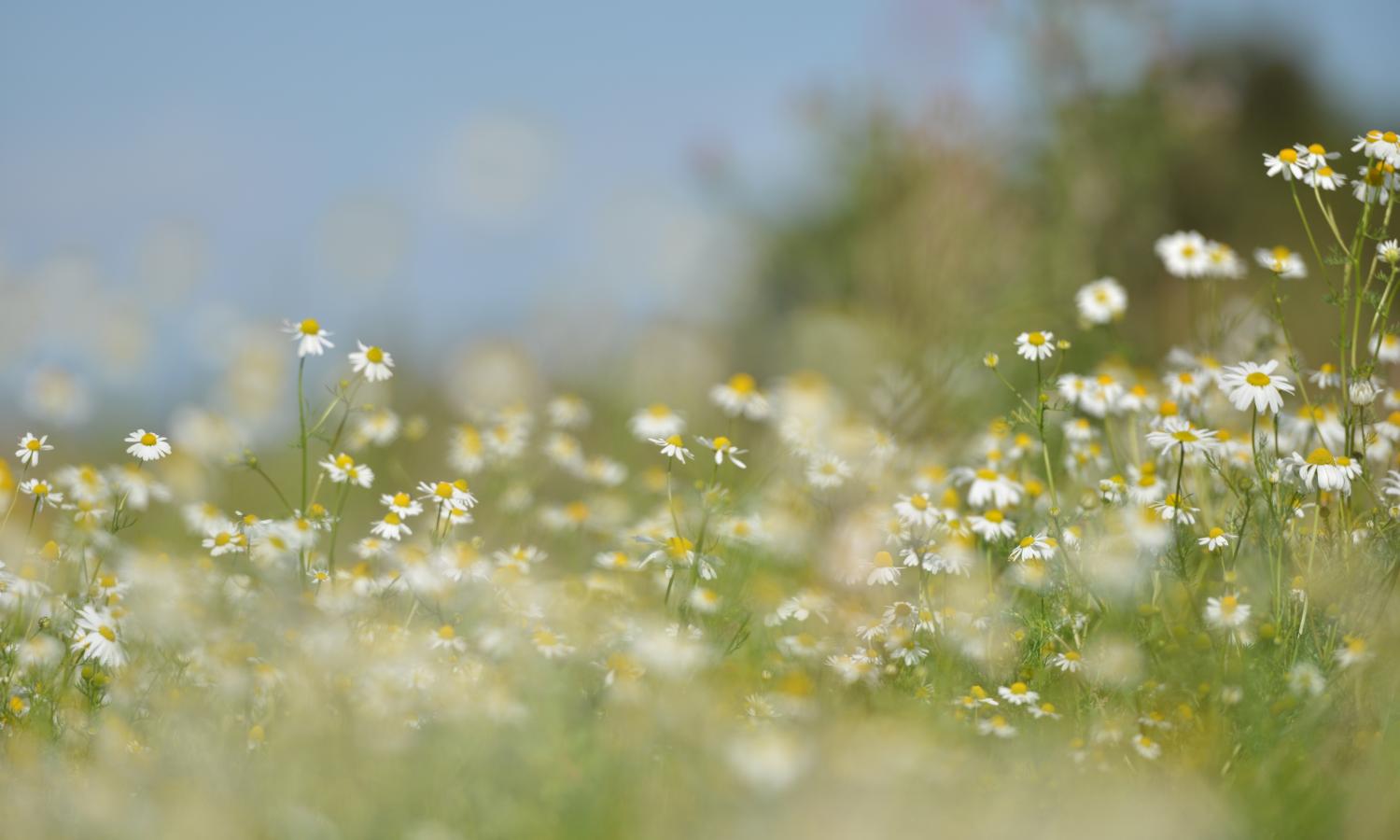Butterfly Conservation is supporting calls from other wildlife charities for a ban on the use of Neonicotinoid pesticides on outdoor crops.
Neonicotinoid pesticides are used on a wide range of arable crops to kill insect pests. However, there is growing concern that they are harming populations of bees and other pollinating insects.
Last week Butterfly Conservation (BC) published a study with Stirling University that linked the pesticides with the decline of widespread butterflies, though further studies are needed to prove whether there is a direct connection. Butterflies that occur in the wider countryside have declined by 58% in England over the last decade and we have launched an urgent appeal to find out the causes of this dramatic drop.
Neonicotinoids are systemic pesticides that are usually applied as a seed dressing to crops such as wheat, barley and oilseed rape. They spread through all the plant, including flowers and nectar of oilseed rape. They have proved to be highly effective at killing insect pests but there is growing evidence that they are harming populations of honeybees as well as wild bees that feed on the pollen and nectar of oilseed rape.
Research has also shown that they are very persistent in the environment and spread into soils and water courses as well as into field margins. They have been found to harm bird populations as well as aquatic invertebrates in nearby rivers.
A recent study has also found the pesticide in the nectar and pollen of wildflowers being grown in field margins specifically to help bees, butterflies and other pollinators. There seems a high risk that they are also getting into the foodplants of a huge range of butterflies, moths and other insects that live in the wider countryside.
BC believes that the evidence is now so strong that their use should be banned for outdoor use and alternatives developed that do not have impacts on non-target insects and other wildlife. The Government recently published a Pollinator Strategy that recognises the huge value that pollinators play not just in the pollination of crops (around £440m pa in crop pollination alone but also the pollination of the majority of wildflowers. We believe that a ban is needed to support that strategy as well as a range of other measures to expand wildflowers and flower-rich grasslands.
In Scotland, we have joined with Buglife and Scottish Wildlife Trust in signing a letter to Richard Lochhead is Cabinet Secretary for Rural Affairs and Environment urging a ban in Scotland. We will also support efforts to ban them in other UK countries as well as extending the EU ban across Europe. We are also calling for stronger testing of pesticides so that their impact on wildlife can be properly evaluated before they are approved for use.
By Butterfly Conservation Chief Executive Dr Martin Warren
Follow Martin on Twitter @martinswarren


